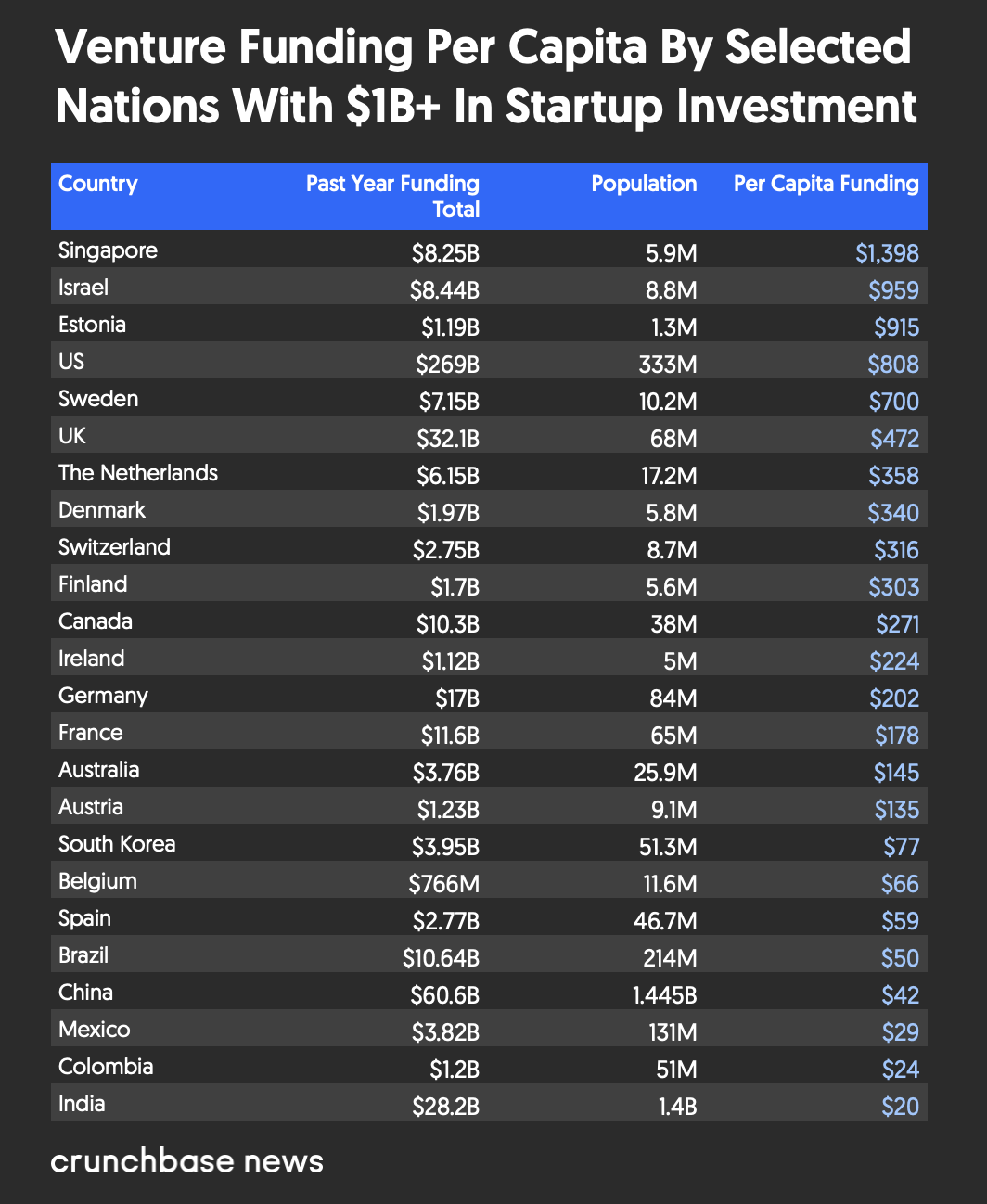I get where this line of thinking comes from. But it doesn't really work when you're talking about attracting high value added investment. $3000-5000 per employee for healthcare costs will be a big deal to a company moving a labour intensive warehouse or manufacturing operation where the average employee makes $60k/yr.
It's not a big deal to some tech company where their average employee is making six figures. They will only care about talent quality. A few thousand more on healthcare is almost irrelevant.
Electricity rates can be beneficial in an operation that requires lots of electricity. But even there, the benefit isn't enough to attract substantial investment on its own. How many billions had to be committed to get those battery plants? And for most businesses, electricity rates aren't a huge differentiator.
I agree that this is more about the factory/larger, lower-cost employee side. But then, do I want to give the company that already is located here due to those relative advantages a further break, in order to sweeten the pot for those business where it is less of an issue?
On the subject of corporate taxes, its important to note that the U.S. Federal rate is far higher than the Canadian Federal Rate; (21% vs 15%)
The differences occur both in tax credits/deductions and at the State/Provincial level where State taxes tend to be lower or even non-existent for business.
I'm open on what the exact form of the answer is.......... I just haven't drawn a conclusion.
It's important to look past all these average numbers and look at context and what they mean specifically for competitiveness with the type of industries Canada wants to attract investment in. And I think at least part of the problem we have in Canada is because our national debates are pretty much exactly the one we're having here. It's not informed and based on experience. Nobody is going out and asking tech entrepreneurs what they need to build a business in Canada. Instead, it's always somebody yelling about how we have public healthcare and postsecondary.
Ultimately, for me, the proof is in the pudding. Either value add businesses are moving here or they are not.
Again, we're close in positions here. I'm not precluding or determining the exact right mix of options.
***
Right now, we're picking up steam in tech, on few different strengths.
1) A post-secondary system that will produce talent to order. (we're graduating a lot of folks in IT/Coding)
2) A relatively open immigration/work permit system that makes it easy to supplement local talent as required.
3) Cheap labour costs (the average Canadian tech worker is ~ 1/3 lower cost in exchange rate adjusted dollars than their U.S. counterpart.)
***
The above tends to attract 'branch operations' and back-house work, which isn't a bad thing unto itself.
But it doesn't do anything to foster start-ups, retention and growth of same, and intellectual property rights vested in Canada.
****
But one of the things that drives U.S. tech wages higher, is the relative difficulty of importing said labour.
Its again an interesting push and pull, there are so many factors that affect things.
My argument is not for the status quo and is to make us more competitive; I'm just not pre-judging what the exact mix of measures ought to be.
I'd like more info of the very kind you suggest. We know the VC market needs nurturing here. That's a given.
We know the penalty associated with growing your business above a small size here is relatively high.
Adjusting those two items is the easy (ish) bit. (clearly VC isn't easy, but knowing its one part of the issue is)
But where do we go from there?
There's clearly a lot more to do.
I'm just not sold that its a straight emulate the U.S. or try to beat the latter at their own game, scenario. I expect we wouldn't win a tit for tat game of that type. Similar to asking the small independent store on Main Street, USA to match Walmart's prices, sometimes 'matching' simply isn't viable, if only because your larger competitor can just under cut you again, even at a loss, til you give up. There are other solutions though, niche markets, nimble-ness, quality over quantity etc.
We clearly need to come closer to the U.S. in the things I noted above. But we also need to be mindful of how European countries (or Asian ones) succeed in attracting or retaining desired talent and investment.








